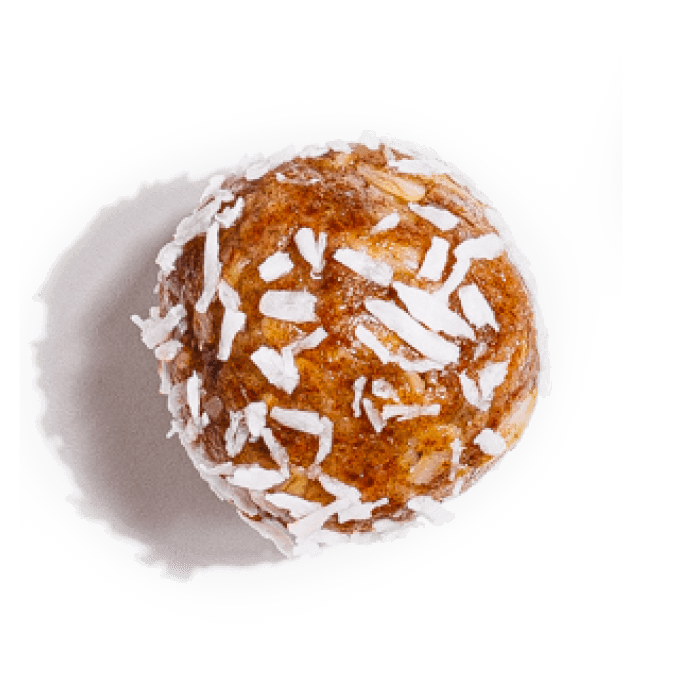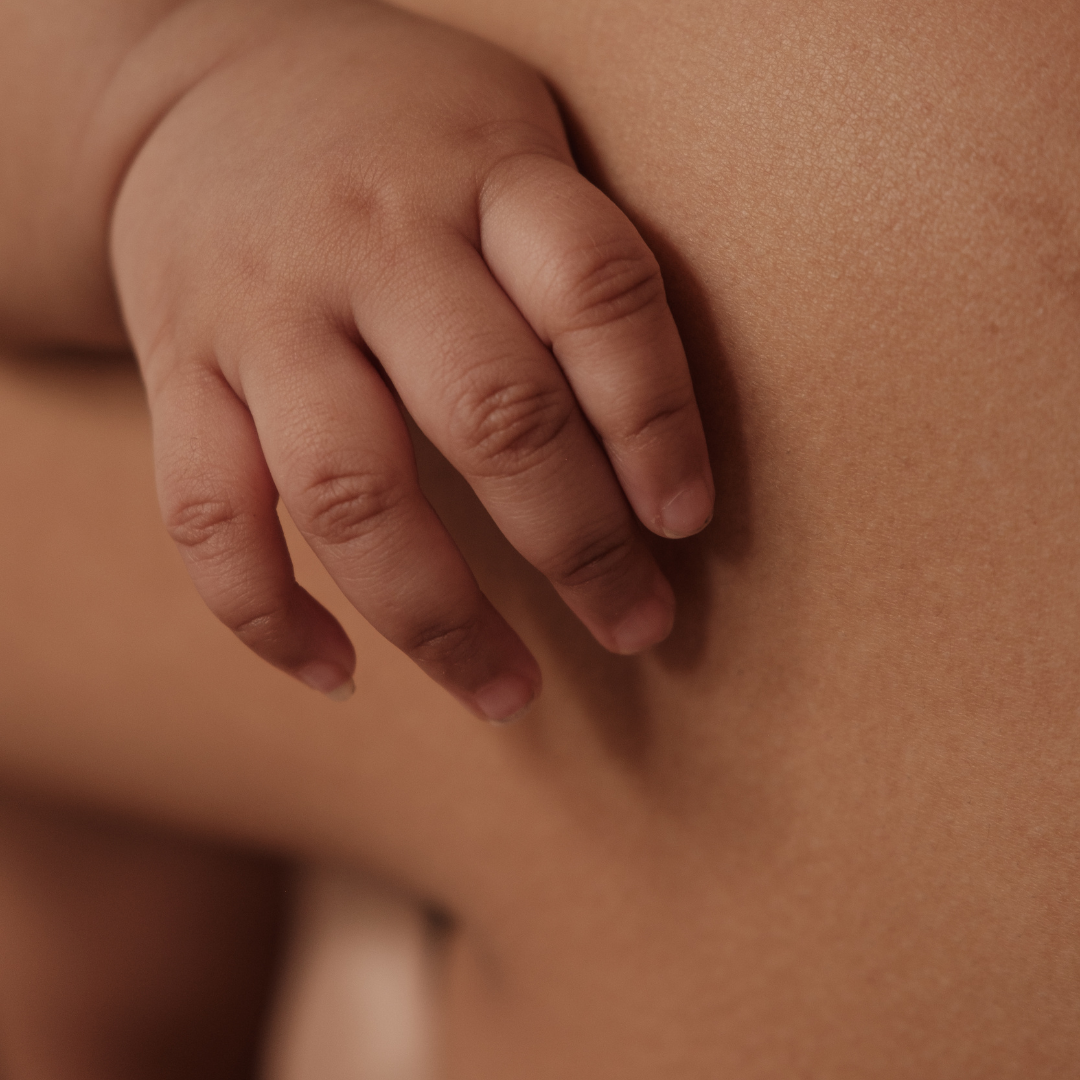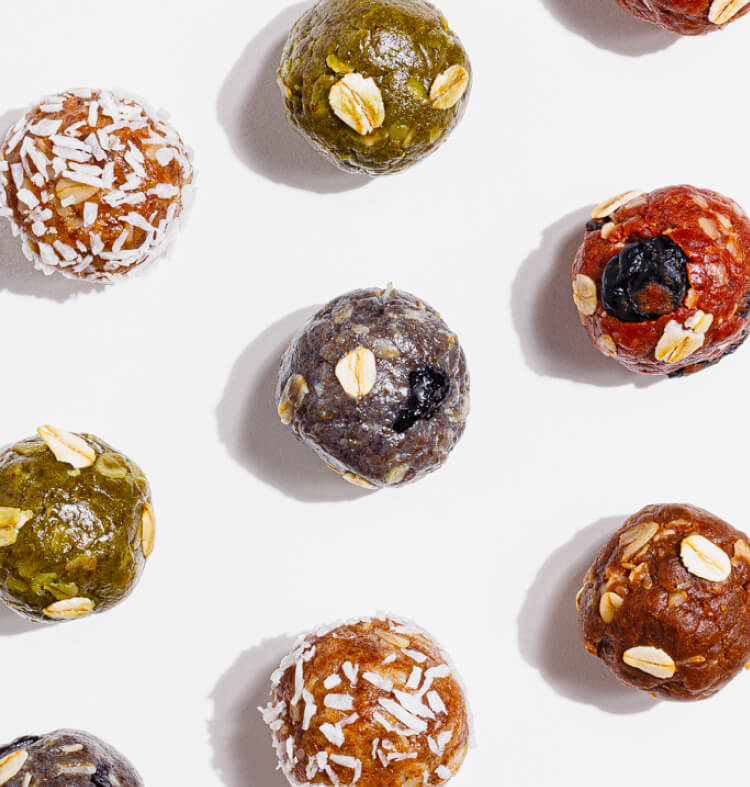By: Morgan Michalowski, NP, CNM, IBCLC
Top Tips to Take Care of Yourself While Breastfeeding
Pregnancy takes a significant toll on your body because your body will always prioritize the health of your baby over your own body. Welcome to motherhood! If your baby needs more fat or protein, your body will pull from your cushiest parts, like your curves or muscles, to replenish your child. And, if you’re breastfeeding, the toll continues after pregnancy. Here’s what you can do to replenish your body:
Tip #1
Perinatal depression has been linked with nutrient depletion, from pregnancy and breastfeeding, by way of affecting the production and modulation of key mood-regulating neurotransmitters, like serotonin. Maintain a nutritious diet high in , iron, selenium, zinc,copper, magnesium and omega 3 fatty acids (Etebary, et al. 2010; Sparling, et al. 2017; Wassef, et al. 2019)
Omega-3 fatty acids may reduce the risk for postpartum depression (Hsu, et al. 2018) and may be a promising add-on for the treatment for postpartum depression (Mocking, et al. 2020).
Tip #2
Create a breastfeeding (or feeding) basket to keep around the house so you stay hydrated, healthy, and satisfied!
- Have something to drink
- Have something to eat: nuts, a protein bar, or a piece of fruit are all nutritious and easy to eat snacks like Nunona Mama Balls.
- Have something to read
- Have something for baby: diapers, diaper cream, extra onesie
- Have a way to call for help: a bell, perhaps?
Tip #3
Eat a nutritious diet and stay hydrated by drinking 2L of water per day Optimising your dietary intake will optimize the nutrient benefits delivered to your baby (Erick, 2018). Maternal nutrition can affect the breastmilk quantity of some nutrients such as vitamin A, B1 (thiamine), B2 (riboflavin), B6, B12, D and folate; iodine; selenium and fatty acids (Innis, 2014; Schaefer, et al. 2020). Maternal diet may also affect carotenoid levels (such as lutein and beta-carotene) in human milk (Schaefer, et al. 2020).
What’s an IBCLC and how can they help you get the perfect latch?
An International Board certified lactation consultant is: a healthcare professional who specializes in the clinical management of breastfeeding. An IBCLC is certified by the IBCL examiners. We work in a wide variety of settings, providing leadership, advocacy, professional development, and research in the lactation field.
Here’s why a proper latch might be your key to reaching your breastfeeding goals: it protects mom’s nipples and helps baby transfer milk! If the baby isn't deep enough, there’s a chance the baby isn’t compressing milk ducts and transferring milk. Nipple pain and damage is your best indicator that things aren’t working and you should seek outside support.
How to know you have a good latch:
- Mom should have minimal to no nipple pain
- Mom should hear audible sucking and swallowing from baby, see circular chin movement ears wiggling when eating, and feel baby’s chin touching breast
- Baby should have adequate output. By day 7 of life, the baby should have at least 7 wet diapers and 1-4 diapers in 24 hours.
Sore Nipples During Breastfeeding
There’s a good chance you will have some mild pain at the beginning of breastfeeding! Transient pain is common in the first few days to 2 weeks postpartum.
Here’s how to determine if the pain you’re feeling is a sign of something more serious:
If you have any of the following symptoms consider talking with your pediatrician, OB provider, and lactation consultant to get breastfeeding back on track!
- Pain that starts immediately when the baby latches to your nipple and doesn’t go away after a few suckles.
- Visible damage, like blisters, cracks, or bleeding nipples.
- Sharp shooting pains across your breast.
- Painful, tiny lump in your breast.
- Fever, warmth and redness in your breasts, body aches.
References:
Etebary, S.; Nikseresht, S.; Sadeghipour, H.R.; Zarrindast, M.R. 2010. Postpartum Depression and Role of Serum Trace Elements. Iran J Psychiatry, 5:2:40-46.
Sparling, T.M.; Henschke, N.; Nesbitt, R.C.; Gabrysch, S. 2017. The role of diet and nutritional supplementation in perinatal depression: a systematic review. Maternal & Child Nutrition, 13, e12235: 1-36.
Wassef, A.; Nguyen, Q.D.; St-André, M. 2019. Anaemia and depletion of iron stores as risk factors for postpartum depression: a literature review. J Psychosom Obstet Gynaecol,40(1):19-28.
Hsu, M., Tung, C.; Chen, H. 2018. Omega-3 polyunsaturated fatty acid supplementation in prevention and treatment of maternal depression: Putative mechanism and recommendation.J Affect Disord. 1; 238:47-61.
Mocking, R.J.T.; Steijn, K.; Roos, C.; Assies, J.; Bergink, V.; Ruhé, H.G.; Schene, A.H. 2020. Omega-3 fatty acid supplementation for perinatal depression: a meta-analysis. J Clin Psychiatry. 81(5):19r13106.










